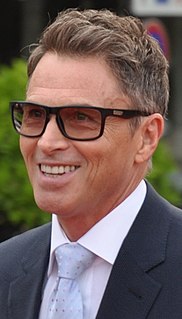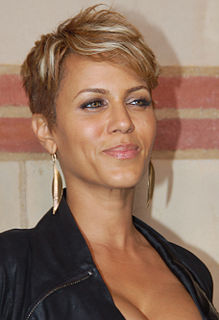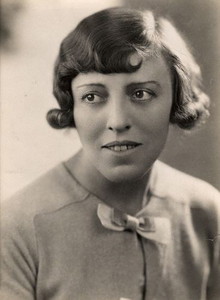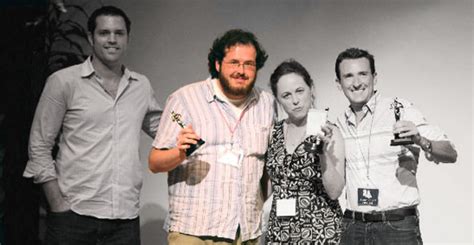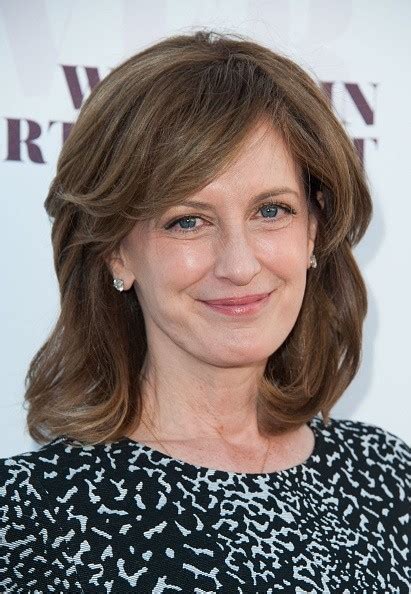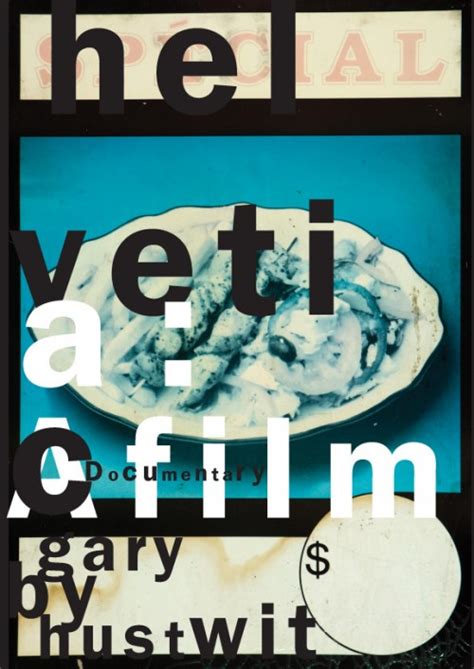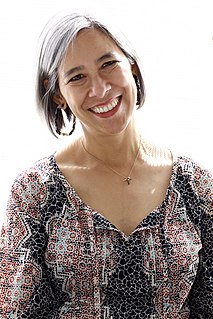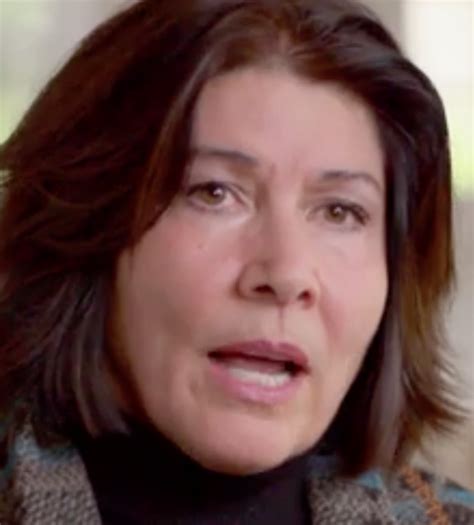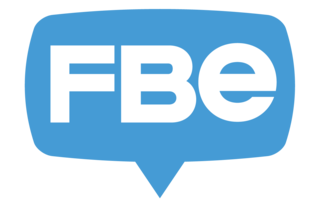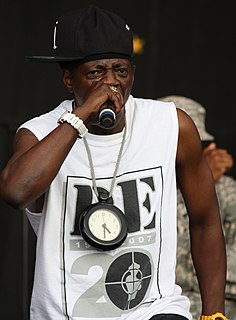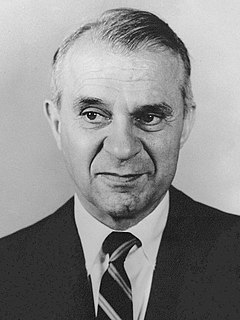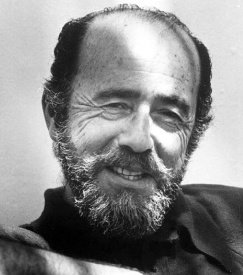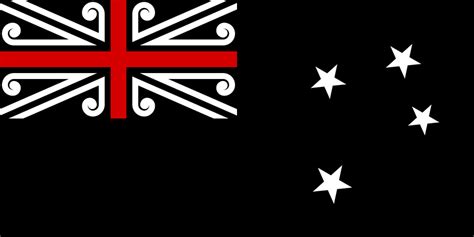Top 1200 Web Page Quotes & Sayings - Page 5
Explore popular Web Page quotes.
Last updated on April 20, 2025.
The web is more a social creation than a technical one. I designed it for a social effect - to help people work together - and not as a technical toy. The ultimate goal of the Web is to support and improve our weblike existence in the world. We clump into families, associations, and companies. We develop trust across the miles and distrust around the corner.
Search is now more than a web destination and a few words plugged into a box. Search is a mode, a method of interaction with the physical and virtual worlds. What is Siri but search? What are apps like Yelp or Foursquare, but structured search machines? Search has become embedded into everything and has reached well beyond its web-based roots.
If I'm not in the dead heat of working on something, I can end up spending tons and tons of time on the Web, and I hate it. I feel the same shame I did in grad school when I was pretty much addicted to reruns of 'Star Trek: The Next Generation'. I wish someone would make the Web just go away. Just remove it from the earth.
There are many women who are getting the opportunity to play fantastic parts on the web like Huma Qureshi in 'Leila,' Shefali Shah in 'Delhi Crime' and so many others. It gives opportunity to those who are not getting the work that they desire to do because of their age. So web is doing a social service.
The indigenous understanding has its basis of spirituality in a recognition of the interconnectedness and interdependence of all living things, a holistic and balanced view of the world. All things are bound together. All things connect. What happens to the Earth happens to the children of the earth. Humankind has not woven the web of life; we are but one thread. Whatever we do to the web, we do to ourselves.
When you close a tab or when you finish an article on the web, it's gone unless you go back into your history or search for it or explicitly try to find it. Apps on your phone have this special property: they hang around. In some ways, they're more like a book on a bookshelf than they are like web pages.
Ye whose clay-cold heads and luke-warm hearts can argue down or mask your passions--tell me, what trespass is it that man should have them?... If nature has so wove her web of kindness, that some threads of love and desire are entangled with the piece--must the whole web be rent in drawing them out?
The bigger the budget, the more people that you have to coordinate and it's not easy to do that always because, not only do people have trouble communicating in that way, but often there are internal disagreements and everybody is not necessarily on the same page. Even in a big-budget movie with famous actors and directors, everybody could be on a completely different page. The director has to figure out a way of getting everybody on the same page, more or less, and keeping them there.
The Internet is a very powerful tool, but right now it's being handled by a lot of fools. And I think us together, Marilyn Manson as a whole, what we all stand for, should be the biggest spider on the web. I think that it will become our web. Not something that uses us, but something that we will control
Once you understand that everybody's going to get connected, a lot of things follow from that. If everybody gets the Internet, they end up with a browser, so they look at web pages - but they can also leave comments, create web pages. They can even host their own server! So not only is everybody consuming, they can also produce.
New information and communications technologies can improve the quality of life for people with disabilities, but only if such technologies are designed from the beginning so that everyone can use them. Given the explosive growth in the use of the World Wide Web for publishing, electronic commerce, lifelong learning and the delivery of government services, it is vital that the Web be accessible to everyone.
There was a blithe certainty that came from first comprehending the full Einstein field equations, arabesques of Greek letters clinging tenuously to the page, a gossamer web. They seemed insubstantial when you first saw them, a string of squiggles. Yet to follow the delicate tensors as they contracted, as the superscripts paired with subscripts, collapsing mathematically into concrete classical entities - potential; mass; forces vectoring in a curved geometry - that was a sublime experience. The iron fist of the real, inside the velvet glove of airy mathematics.
You can fake a lot in a startup these days, what with Amazon Web Services and all sorts of off-the-shelf back-end components that let any even minimally competent duffer set up a Web app that does something. Intelligent planning for growth is rare among early startups, but it's the name of the game at a large, rapidly scaling tech company.
It had that comfortably sprung, lived-in look that library books with a lively circulation always get; bent page corners, a dab of mustard on page 331, a whiff of some reader's spilled after-dinner whiskey on page 468. Only library books speak with such wordless eloquence of the power good stories hold over us, how good stories abide, unchanged and mutely wise, while we poor humans grow older and slower.
For she had discovered that as well as the evil web there was another. This too bound spirits together, but not in a tangle, it was a patterned web and one could see the silver pattern when the sun shone upon it. It seemed much frailer than the dark tangle, that had a hideous strength, but it might not be so always, not in the final reckoning. (The Child from the Sea)
This intelligence, or what I'll call "the wisdom of crowds," is at work in the world in many different guises. It's the reason the Internet search engine Google can scan a billion Web pages and find the one page that has the exact piece of information you were looking for. It's the reason it's so hard to make money betting on NFL games, and it helps explain why, for the past fifteen years, a few hundred amateur traders in the middle of Iowa have done a better job of predicting election results than Gallup polls have.

